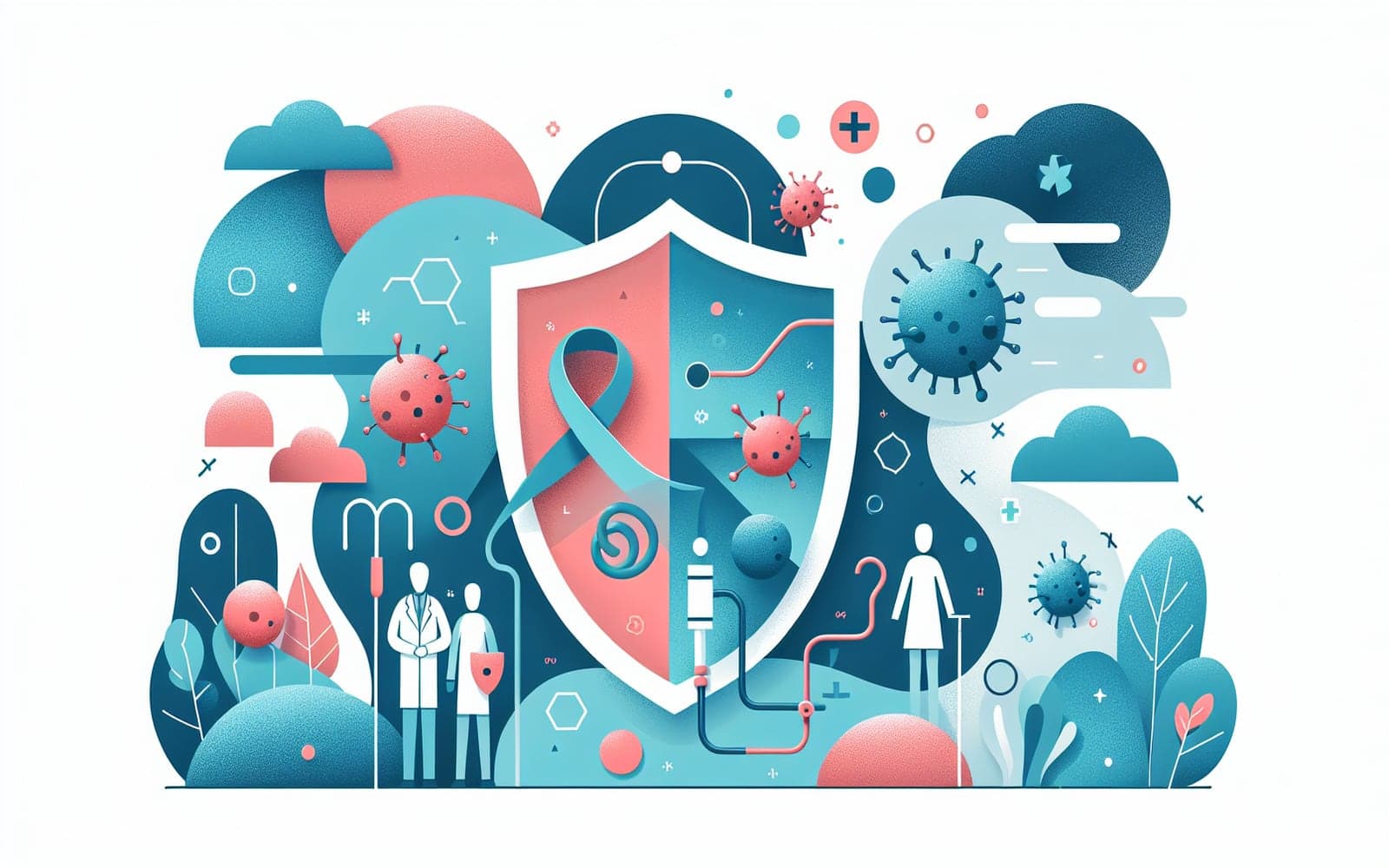Stopping Clots Before They Start: Prevention Strategies for Cancer Patients
Published: Jul 14, 2024

Medically reviewed by Alan Lucks | MD, Alan Lucks MDPC Private Practice - New York on July 14th, 2024.
Preventing blood clots is a crucial aspect of cancer care. While not all clots can be avoided, there are effective strategies to reduce risk in cancer patients.
Contents
Medication-Based Prevention
For high-risk patients, doctors may prescribe blood-thinning medications. These anticoagulants can significantly reduce clot risk. Low molecular weight heparin is commonly used, especially around surgeries. Newer oral medications like apixaban or rivaroxaban are options for some outpatients. The choice and duration of treatment depend on individual risk factors.
Non-Medication Approaches
Physical methods can help prevent clots, especially when medications aren't suitable. Compression stockings improve blood flow in the legs. Early mobilization after surgery is crucial. For bedridden patients, special air-filled sleeves may be used to simulate leg movement. Staying hydrated and avoiding long periods of inactivity are also important.

Tailored Prevention Plans
Prevention strategies should be personalized based on each patient's risk level. Outpatients starting chemotherapy may be assessed using tools like the Khorana score. Hospitalized patients often receive preventive measures automatically. Surgical patients may need extended prevention after discharge. Regular reassessment is important as risk levels can change during cancer treatment.
Frequently Asked Questions
No, it depends on individual risk factors.
Often yes, but requires close monitoring.
It varies, from weeks after surgery to months for high-risk outpatients.
A healthy diet may help, but isn't enough alone for high-risk patients.
Key Takeaways
Proactive blood clot prevention is a key component of comprehensive cancer treatment.
Discuss creating a personalized clot prevention plan with Doctronic, tailored to your specific cancer journey.Related Articles
References
Lyman GH, et al. Venous thromboembolism prophylaxis and treatment in patients with cancer: American Society of Clinical Oncology clinical practice guideline update. J Clin Oncol 2013; 31:2189.
Khorana AA, et al. Role of direct oral anticoagulants in the treatment of cancer-associated venous thromboembolism: guidance from the SSC of the ISTH. J Thromb Haemost 2018; 16:1891.
This article has been reviewed for accuracy by one of the licensed medical doctors working for Doctronic. Always discuss health information with your healthcare provider.

